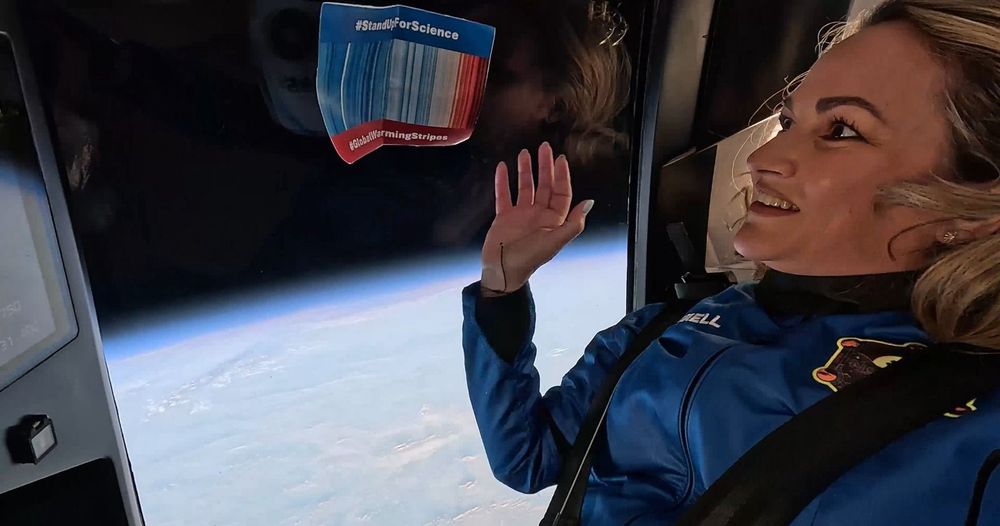
Deborah Martorell, a broadcast meteorologist from Puerto Rico, was a member of the latest Blue Origin crew on a sub-orbital flight.
She took the warming stripes to space. #ShowYourStripes
@edhawkins.org.bsky.social
Climate scientist at the National Centre for Atmospheric Science, University of Reading | IPCC AR6 Lead Author | MBE | Views own | https://edhawkins.org Warming Stripes: http://www.ShowYourStripes.info

Deborah Martorell, a broadcast meteorologist from Puerto Rico, was a member of the latest Blue Origin crew on a sub-orbital flight.
She took the warming stripes to space. #ShowYourStripes

Deborah Martorell, a broadcast meteorologist from Puerto Rico, was a member of the latest Blue Origin crew on a sub-orbital flight.
She took the warming stripes to space. #ShowYourStripes
Zooniverse works really well but is still quite time intensive to run. Not all types of historical weather logbook are suitable either. And, several groups also working on AI methods which are showing promise.
07.08.2025 19:32 — 👍 2 🔁 0 💬 0 📌 0Indeed!
15.07.2025 10:24 — 👍 3 🔁 0 💬 0 📌 0We have all the images already so this sounds feasible. Given the locality, perhaps @metoffice.gov.uk could join in too, @pennyend.bsky.social?
15.07.2025 10:23 — 👍 0 🔁 0 💬 3 📌 0Sounds fun. Will need a big group!
15.07.2025 08:34 — 👍 0 🔁 0 💬 1 📌 0The next longest series for the UK is in Oxford - available since 1814.
Remarkably perhaps, another long weather observation series in Exeter - roughly 1817 to 1975 - is yet to be digitised…
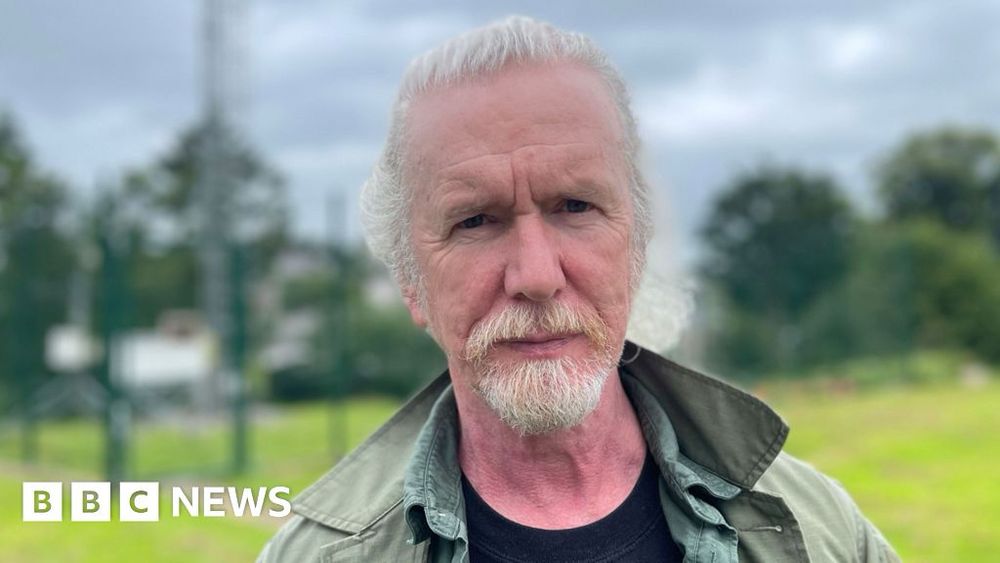
Congratulations to Armagh Observatory in Northern Ireland which is marking 230 years of recording the weather every day.
These long-term observations are critical to understanding our changing weather.
www.bbc.com/news/article...

The BBC Radio 4 show The Infinite Monkey Cage just celebrated its 201st birthday episode.
Nish Kumar wanted to know: so, climate change, are we screwed?
My answer: we are not screwed, yet.
Listen to the whole episode:
www.bbc.co.uk/programmes/m...
Thanks both!
13.07.2025 16:22 — 👍 0 🔁 0 💬 0 📌 0Thanks Ruth. Is the 250Gt/yr of melting still about right or has that changed a bit with more recent data?
13.07.2025 07:42 — 👍 1 🔁 0 💬 1 📌 0For many things the individual choices are important, which is something I also said. But for some things (e.g. EV or cycling infrastructure, heat pumps, solar panels etc) better policies and infrastructure would make personal choices easier and cheaper.
12.07.2025 12:40 — 👍 5 🔁 0 💬 1 📌 0Solutions are available. Just because we are not all moving rapidly at the moment does not mean we won’t in future. e.g. China is building more renewables than the rest of the world put together. There are many causes for optimism.
12.07.2025 12:34 — 👍 2 🔁 1 💬 1 📌 0Thank you Catherine!
12.07.2025 08:43 — 👍 2 🔁 0 💬 0 📌 0It’s a pretty shocking statistic isn’t it! IIRC it was @ruthmottram.bsky.social who I first saw use it.
12.07.2025 08:43 — 👍 3 🔁 0 💬 1 📌 0
The BBC Radio 4 show The Infinite Monkey Cage just celebrated its 201st birthday episode.
Nish Kumar wanted to know: so, climate change, are we screwed?
My answer: we are not screwed, yet.
Listen to the whole episode:
www.bbc.co.uk/programmes/m...
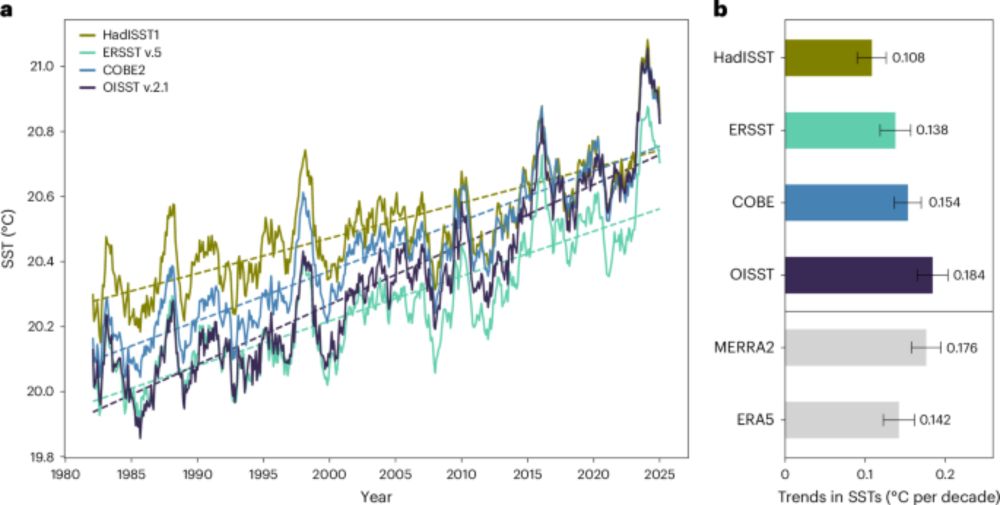
OK, climate scientists, we have to talk about sea-surface temperature datasets. We can't keep having papers like this in Nature Climate Change, it's just embarrassing.
www.nature.com/articles/s41...
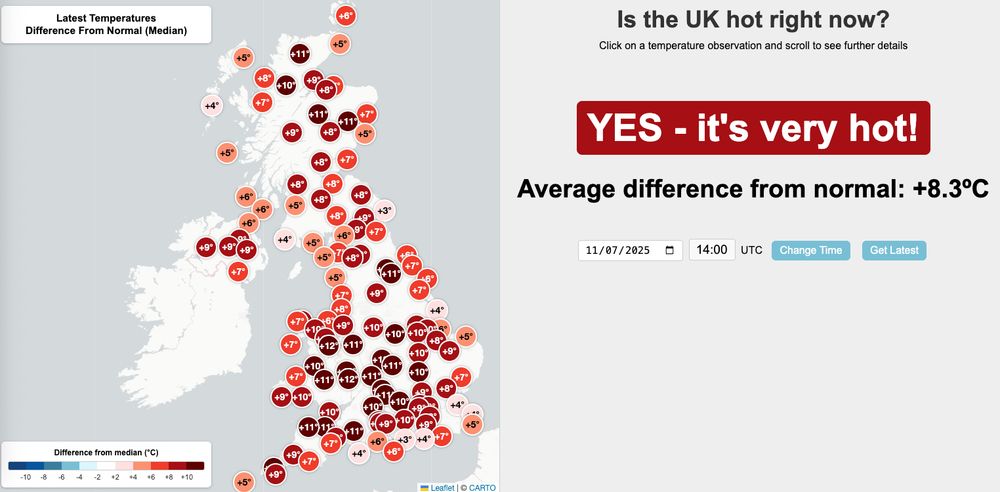
Yes, it's very hot.
istheukhotrightnow.com
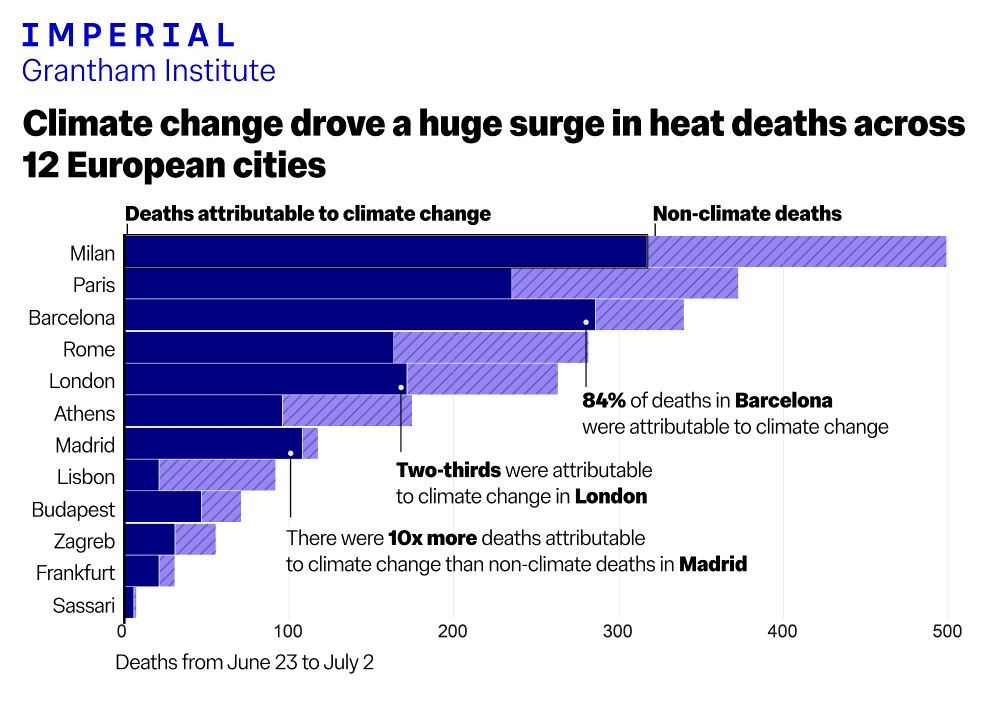
bar chart showing deaths associate with extreme heat with and without climate change in 12 European cities
About 1500 of the approx. 2300 people that will have lost their lives across 12 European cities last week would still live, if it wasn't for our burning of oil, coal and gas. If we care about the right to life, we need to stop burning fossil fuels. www.imperial.ac.uk/grantham/pub...
09.07.2025 14:34 — 👍 389 🔁 218 💬 7 📌 16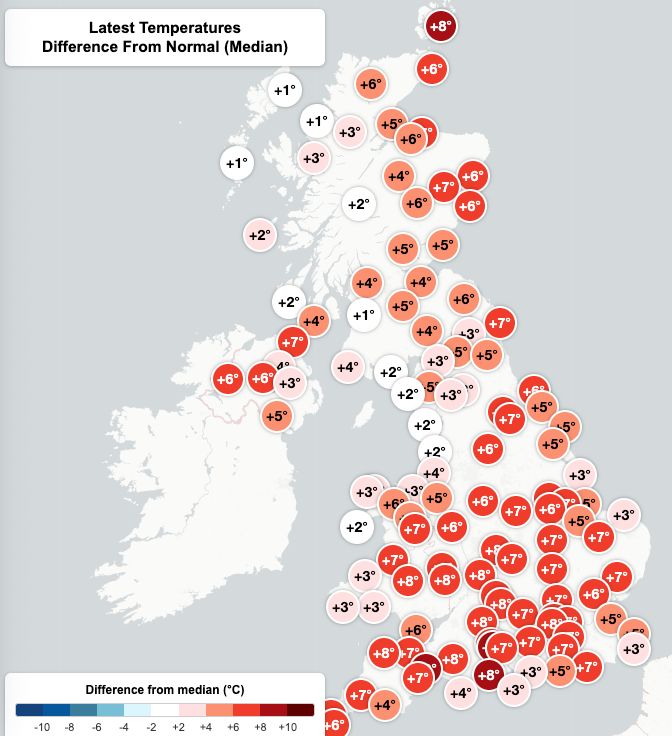
As the latest UK heatwave starts, it's very warm (5-6°C above normal) across the most of the country.
Watch how things change hour-by-hour: istheukhotrightnow.com
Website by @roostweather.bsky.social.

A special 201st show of The Infinite Monkey Cage is available NOW
www.bbc.co.uk/programmes/m...
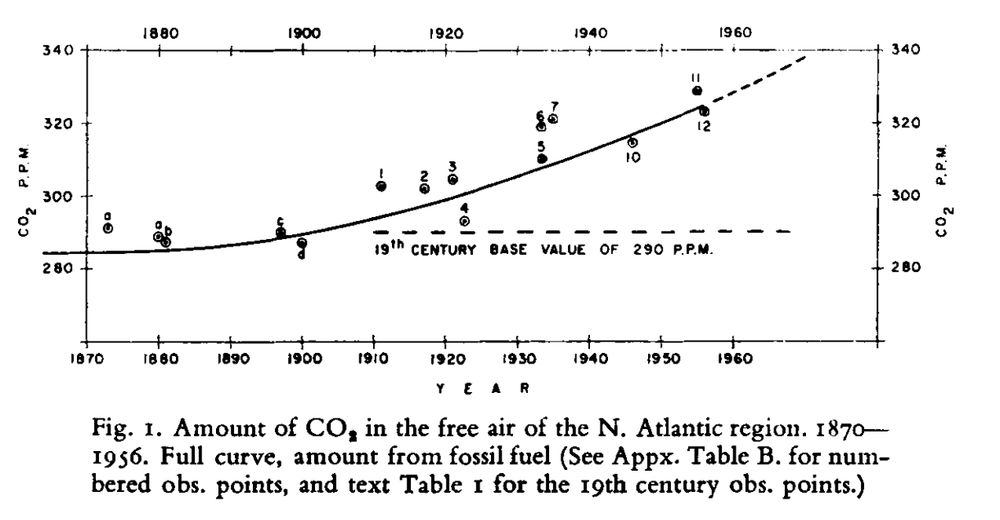
Many of these were collated by Callendar (1958) to show a rise over time, just before the International Geophysical Year when Keeling started
www.tandfonline.com/doi/abs/10.3...

BBC Radio 4's The Infinite Monkey Cage is celebrating its 201st birthday episode on Thursday at 11am.
Questions include: 'so, climate change, are we screwed?' from Nish Kumar
Also featuring Brian Cox, @robinince.bsky.social, @deborahmeaden.bsky.social & Mel Giedroyc
www.bbc.co.uk/programmes/m...

BBC Radio 4's The Infinite Monkey Cage is celebrating its 201st birthday episode on Thursday at 11am.
Questions include: 'so, climate change, are we screwed?' from Nish Kumar
Also featuring Brian Cox, @robinince.bsky.social, @deborahmeaden.bsky.social & Mel Giedroyc
www.bbc.co.uk/programmes/m...
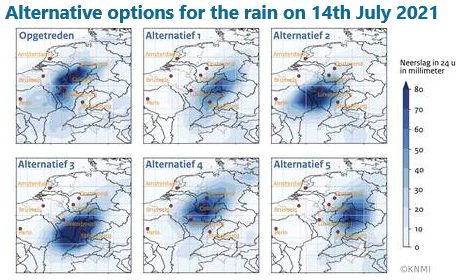
Showing the rainfall of 14th July 2021 (upper left) and 5 alternative scenarios derived from a climate model, conditioned to the atmospheric circulation patterns of the observed event. Similar to fig.6 of https://www.nature.com/articles/s43247-025-02386-y
📣 New paper:
💧💧💧 In July 2021 record breaking rainfall hit western Europe, we use ensemble boosting to explore different plausible storylines. These show it could have rained for longer, or over a larger area, or in a different place. Are we prepared?
doi.org/10.1038/s432...
Yes, the spatial correlation is hard, but even estimating the effective number of degrees of freedom for the metric of interest in a particular study region would be helpful I think.
07.07.2025 20:36 — 👍 1 🔁 0 💬 0 📌 0I agree it is easily misinterpreted, but not all these rare events are (technically) unprecedented. And there is plenty of legislation (at least in the UK) which requires agencies to ensure resilience to e.g. 1-in-X year events, so an estimate of that is required at some level.
07.07.2025 20:35 — 👍 4 🔁 0 💬 2 📌 0How many 1-in-100 year events should we expect in a region per year?
It is obviously not 0.01 as it depends on the size of the region considered, temporal and spatial correlations, the variable being considered, which baseline, relative size of any trends etc. Has anyone done any simple estimates?
On 9th July, @esa.int are choosing their next Earth Explorer mission. One of the proposals (CAIRT) would provide the capability to measure the upper atmosphere but not launched for several years.
There are no easy choices, but we could lose our ability to monitor this region for an extended period.
It is now possible that the NASA satellites that monitor changes in the stratosphere and mesosphere will be phased out from October, depending on budget discussions.
If TIMED & Aura do get shut down then this would abruptly end climate monitoring of these altitudes.
arstechnica.com/space/2025/0...